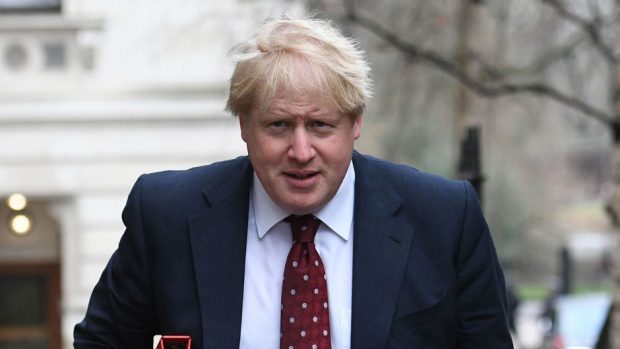Boris Johnson has been tipped to defy expectations by retaining the majority of Conservative seats in Scotland, according to an exclusive general election poll for the P&J.
Research by Survation suggests the SNP will dominate today’s general election but not manage the clean sweep of Tory seats predicted in some quarters before the campaign started.
Holding on to the Aberdeen South, Gordon, Banff and Buchan and West Aberdeenshire and Kincardine seats would be a boost to Mr Johnson’s hopes of securing a UK majority – and getting Westminster approval for his Brexit deal.
It also means close fought battles between the SNP and the Conservatives in seats like Angus, Perth and North Perthshire and Ochil and South Perthshire remain on a knife edge.
Survation polled more than 1,000 Scots by phone during the last 36 hours of the campaign and found support for the Conservatives is largely unchanged from the 29% the party achieved two years ago.
The poll predicts 28% of Scots will vote Tory today – just months after Ruth Davidson plunged the party into chaos by quitting the leadership.
Ms Davidson stood down from post in August amid rumours she feared the prospect of Brexit-backing Mr Johnson as Prime Minister would damage her chances in Scotland.
But the SNP has increased support since its disappointing result in 2017 and the Nationalists appear poised to reconfirm their dominance of Scottish politics.
In another boost for Nicola Sturgeon, the poll suggests independence is now supported by close to half of all Scots.
The Nationalists also look poised to pick up a raft of seats from Scottish Labour, who appear to have dropped support following a better than expected result in 2017.
The poll puts Nicola Sturgeon’s party on 43%, up from the 37% figure that meant the SNP dropped to 35 seats from the 56 they had won in the 2015 landslide.
Meanwhile, Scottish Labour is on just 20%, down from the 27% result in 2017.
The Lib Dems, meanwhile, are on 7% – the same as two years ago.
Analysts have warned it is difficult to precisely forecast how the seats will fall because of the very narrow margins between the winner and second placed candidates in most of Scotland’s 59 constituencies.
This is particularly true in North East Fife, where the SNP is defending a majority of just two votes.
But polling expert Professor Sir John Curtice said a uniform swing across the country would lead to the SNP finishing on 47, up 12 from 2017.
The Tories would win eight seats, the Lib Dems would drop one to four and Labour would again be left with a solitary MP north of the border.
Professor Curtice said: “It looks as though the election will affirm and strengthen the SNP’s dominance of Scottish politics, and embolden the party in its demands for a second independence referendum, especially given this poll affirms previous polling that indicates that support for independence is now close to the 50% mark.
“Even so, support for the Conservatives is almost back to the level that it enjoyed in 2017, thanks not least to its ability to secure the support of over half of all those who voted Leave in 2016.
“The party should retain a fair number of the gains that it made in 2017, despite the nationalist advance.”
